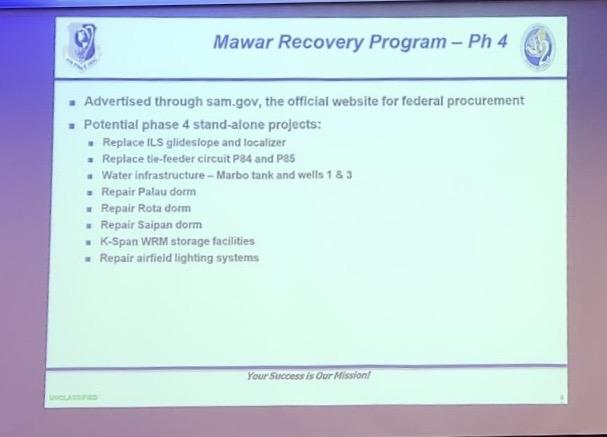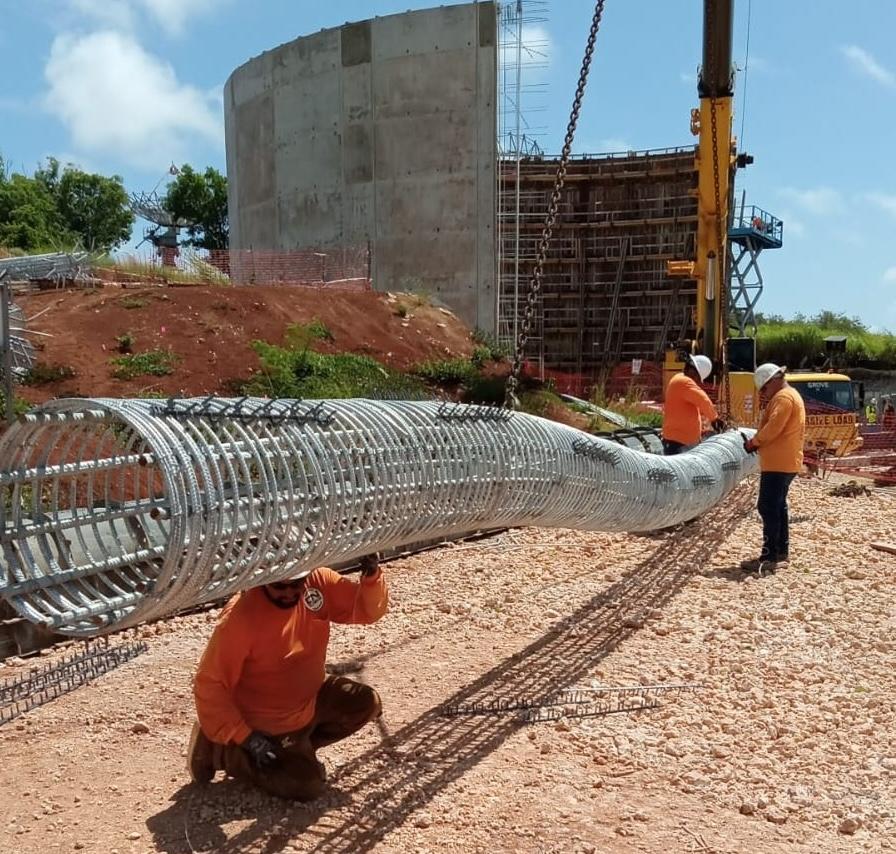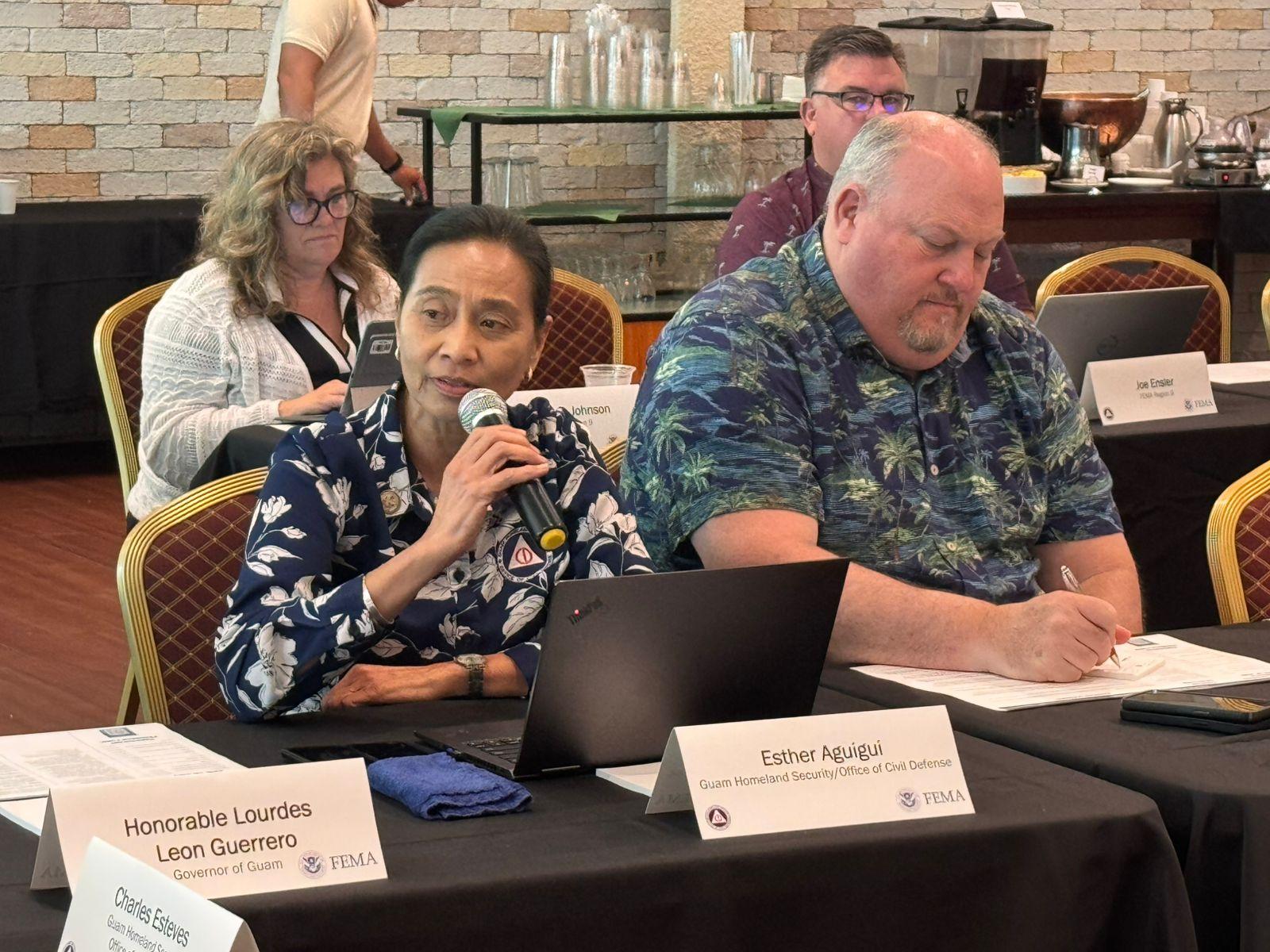BY PAULY SUBA
Journal Staff
A proposal to raise residential and commercial trash collection rates by the Guam Solid Waste Authority was the focus of a public hearing on the evening of June 18, at the Assan-Ma'ina Mayor’s Office.
Frederick J. Horecky, chief administrative law judge for the Guam Public Utilities Commission, opened the discussion by outlining the basis for the proposed rate hikes.
“In the last five years, there’s been a lot of interaction between the Guam Public Utilities Commission and the Guam Solid Waste Authority,” Horecky said. “The PUC and its management audit, which was conducted in 2020… have all found, and I believe established, that GSWA is currently underfunded. Simply put, they do not have enough funds to meet their current obligations and expenses.”
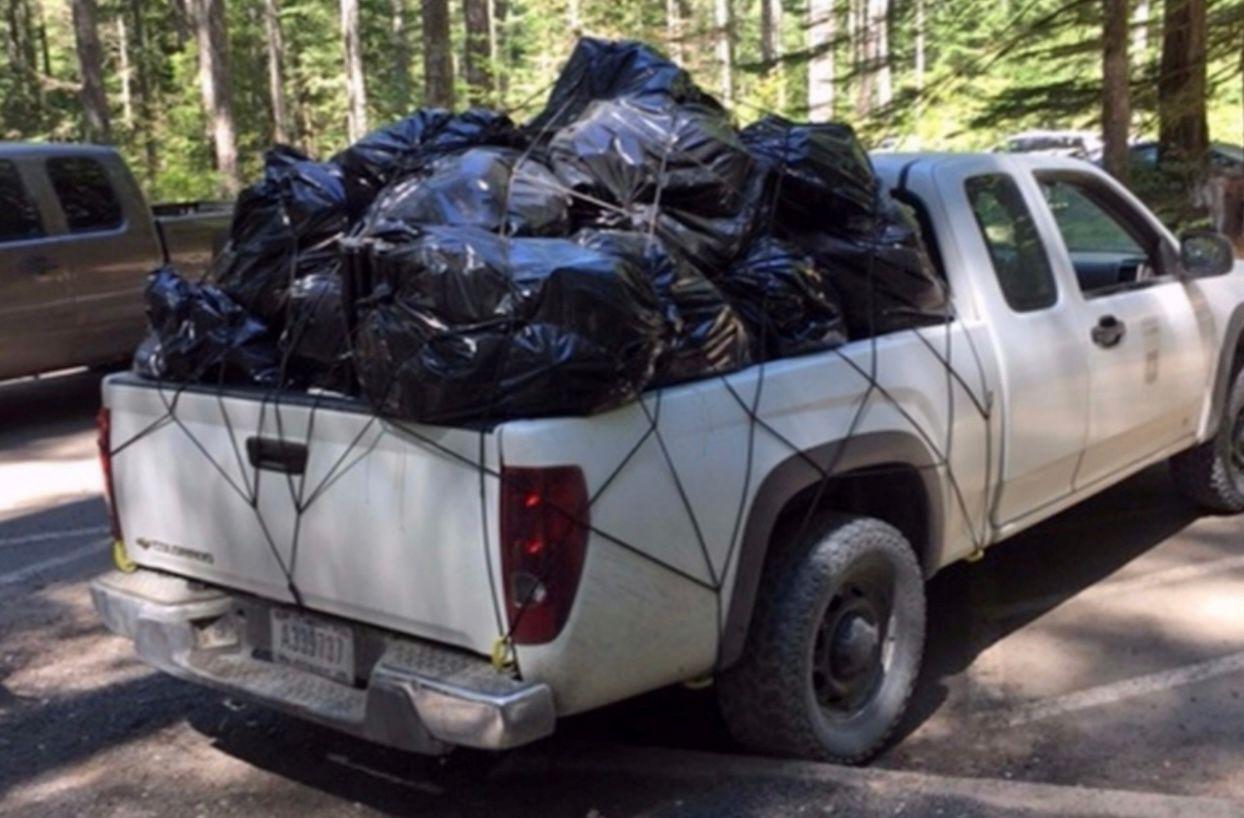
The current residential trash rate is $30 per month. Under the proposal, it would increase to $35 in fiscal year 2026 and remain the same in 2027. GSWA also seeks increases for transfer station loads, with rates for a full truckload rising from $22.50 to $34.65, and for a half-load from $15 to $23.10.
Horecky said that had the legislature passed a bill mandating trash service for all residents, “It’s likely that the rates would have been reduced from $30 a month down to $22 a month.” Instead, only about half of Guam households currently subscribe to GSWA services, forcing existing users to shoulder the costs.
GSWA General Manager Irvin Slike said that the rates have not been adjusted since 2012, when the system was operated by a court-appointed receiver. “We knew that there needed to be an adjustment in the rates,” Slike said. “In 2019, the previous administration did the study... and came up with a $5 per household increase.”
However, the onset of the COVID-19 pandemic and Typhoon Mawar delayed implementation. Federal aid helped cover operational costs in the interim, but Slike said those subsidies have since expired.
Slike explained that the proposed rate hikes are necessary to fund landfill expansion and long-term operations, including a plan to construct 26 new landfill cells. “We’ve been operating for 13 years now with none of that money going into any kind of investment accounts,” he said. “We need to build landfills to close them out, to buy trucks. All of those things require money.”
He emphasized the goal of using rate revenue to avoid borrowing. “We’re putting it on a path so that when Layon (landfill) closes, people will have accumulated enough money to handle an entire 30-year post-closure amount without requiring anybody else to contribute.”
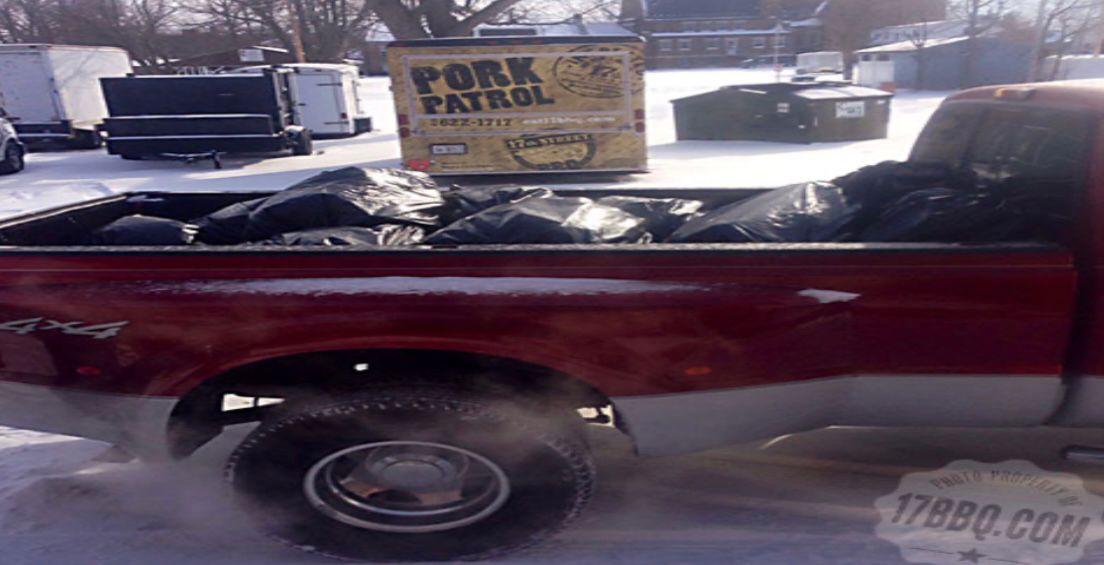
Gogue cited missed pickups, long call-wait times, and unclear messaging about service delays. “If you’re going to raise my trash fees to $35, but not give me credit for missed pickups, I think we’re not meeting halfway,” he said.
Slike responded that customers are eligible for credits if issues are reported and confirmed. “Actually, the general manager does have the ability to credit. I’ve done that for a number of customers, if I’m aware of it,” he said.
The hearing also addressed concerns about whether higher fees at transfer stations would lead to an increase in illegal dumping. “I’ve managed solid waste facilities that were absolutely free… and the county had a horrible illegal dumping problem,” Slike said, referring to his past work in Maryland. “When we raised the rates… we did not see an increase in dumping. In fact, the opposite occurred.”
Slike said, "The current minimum charge of $7.50 at transfer stations were horribly insufficient to begin with. That doesn't even cover the cost of the staff at these stations."
Gogue said, "If you improve customer service in exchange for rate hikes, then I would say that is a fair trade off."
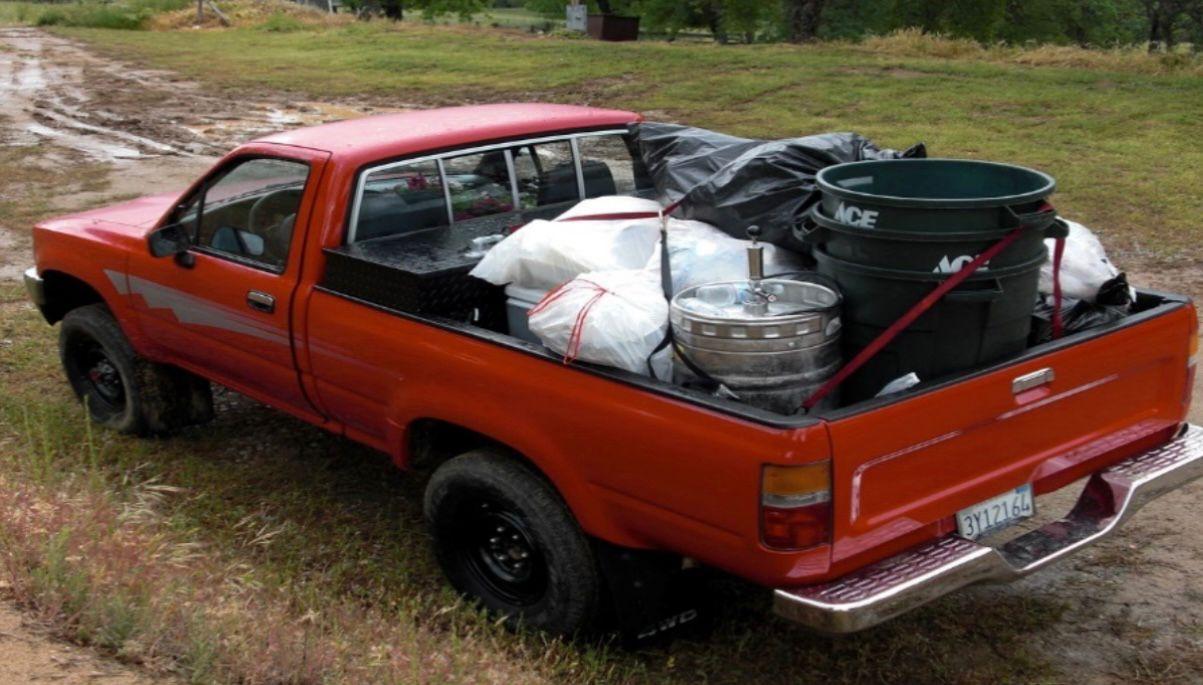
The PUC is expected to make a final decision on the rate proposal at its Aug. 28 meeting. The last of three public hearings on the matter will be held at 6:30 p.m. on June 19 at the Dededo Senior Citizens Center.
To view the proposed rate hikes, click here. mbj















